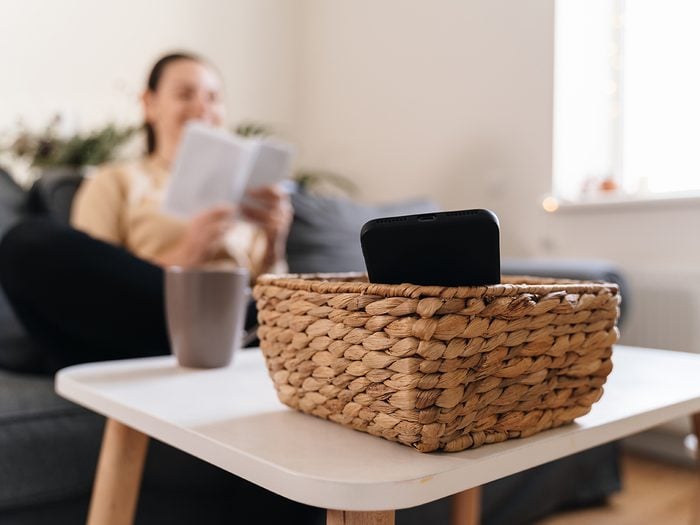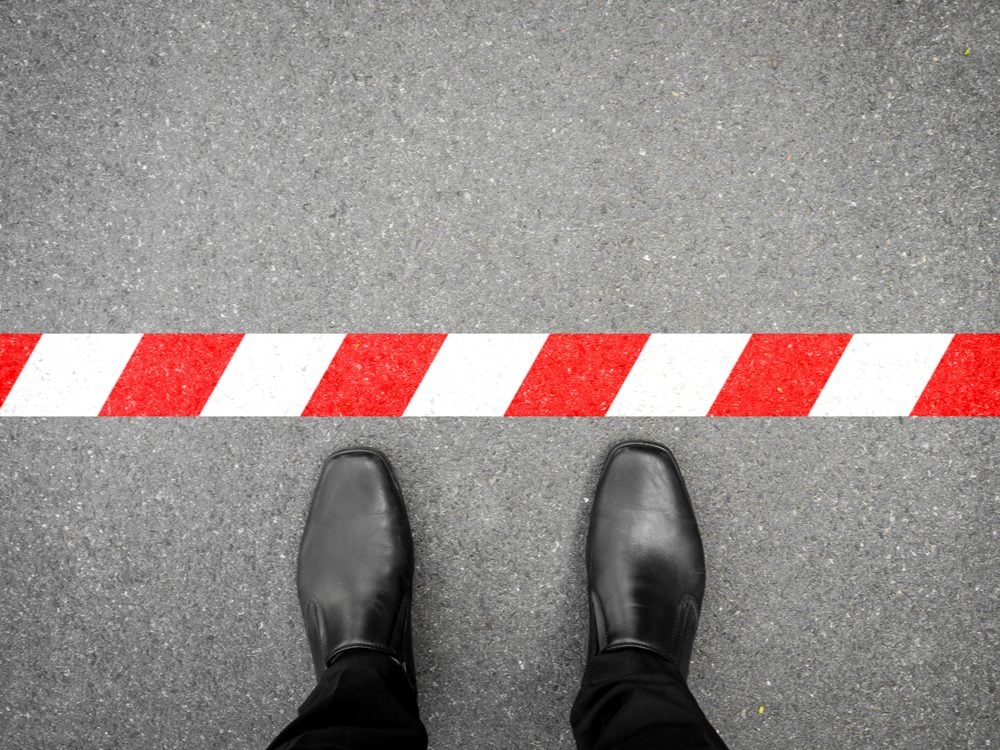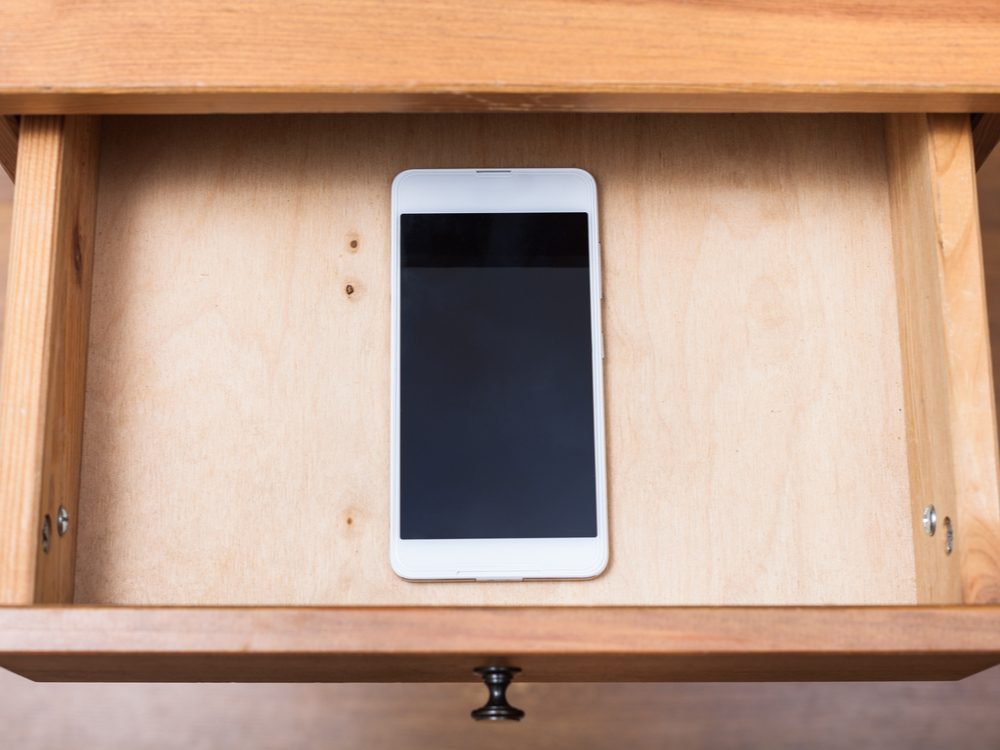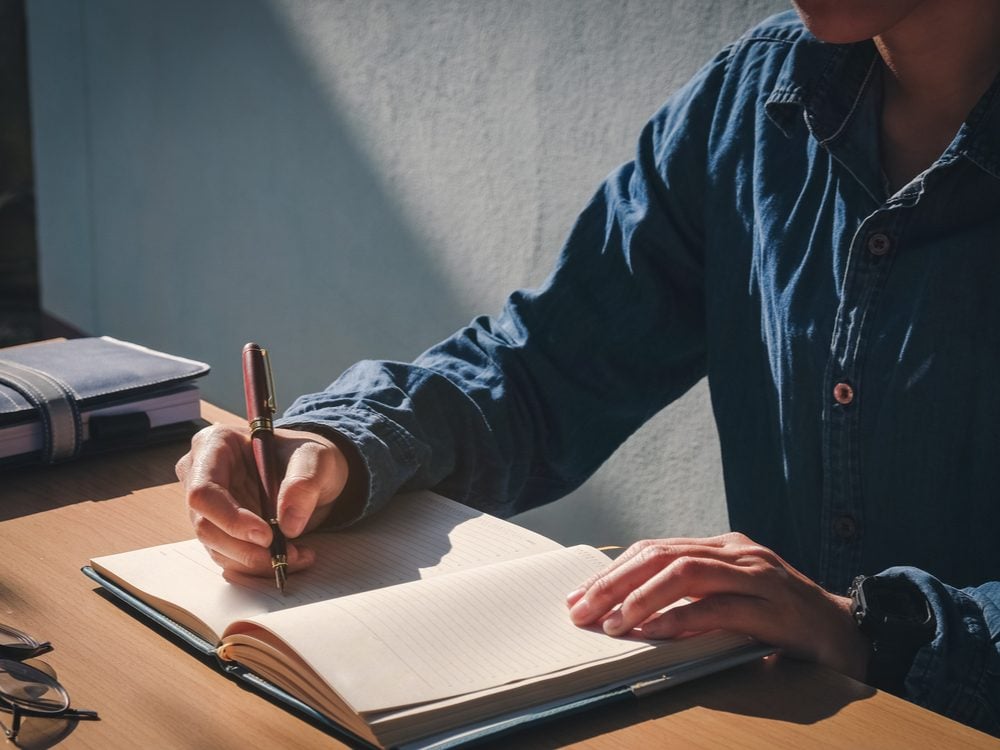
How to quit social media
Is it time for a digital detox? Feeling irritable without your smartphone, losing sleep due to your tech usage and noticing an inability to sustain a real-life conversation without checking social media are signs you need a break. “If you’re stopping everything for a notification, ask yourself if you really have control over your life,” says author and Kingston, Ontario-based productivity consultant Chris Bailey.
Here’s expert advice on how to quit social media and regain that sense of control—and the peace of mind that comes with being “unplugged.”

Lower risks of depression
One 2017 University of Pittsburgh study found that heavy social media use can lead to a nine per cent increase in the risk of depression. This may be due to a psychological phenomenon called “social comparison.” When everyone else’s (heavily edited) lives seem happier than one’s own, self-esteem can nosedive.
Learn to spot the signs of high-functioning depression.

Do you really need it?
Delete all but your most essential apps (bye-bye, Clash of Clans). “Which ones are you using to pacify your attention, rather than to connect with others?” Bailey asks.

Better communication
Your phone ruins your conversations—even when you’re not looking at it. A 2014 American study found that the mere presence of a phone was enough to divide participants’ attention and cause them to miss subtle cues from conversation partners, such as facial expressions.
Here are more rude conversation habits we all need to work on.

Focus more deeply
A 2016 University of California study found that subjects could only focus on a single screen-based task for 40 seconds before switching to another activity. “Flipping between apps delivers a dopamine hit to your brain because you’re wired to seek out novel information,” Bailey says. “When you detox, you notice patterns that are keeping you from focusing deeply.”
A further study from the University of Texas at Austin found that simply having a smartphone in sight measurably reduced participants’ ability to focus.
Find out 10 more strategies to improve your concentration.

Know your limits
Set solid parameters. Will you go offline for the same 24-hour period every week or try for a longer, one-off stretch? “Think back to when you felt the most rested and refreshed—say, a week-long vacation without your laptop,” Bailey says, and aim for the same time frame.
Find out about the dangers of what experts are calling “secondhand screen time.”

Everything in moderation
Unplugging doesn’t have to be all or nothing—start incrementally, with tech-free dinners or a no-phone portion of the day, then work up to an attainable goal.
Find out why you need to stop commenting on those viral Facebook memes.

Out of sight, out of mind
If you can see your phone, you’ll reach for it. To stick to your objective, turn on the do-not-disturb function, then stash it out of sight.
Find out what happened when one Toronto woman quit her smartphone altogether.

Give a heads-up
Should you abstain completely for more than a day, let family, friends and colleagues know that you won’t be responding to messages. This accomplishes two things: first, they won’t think you’re being rude. Second, announcing your detox helps you stick to it.

What do you do for fun?
Once you’re tech-free, plan activities to fill the time you’d otherwise spend hunched over your device—like knitting, playing board games or visiting a bookstore.
Here are the best two-player board games on the market.

The buddy system
Bailey recommends enlisting the help of an accountability partner—perhaps by asking them permission to go online. “It’s embarrassing to have to ask if you can check Instagram,” Bailey says. “You’ll be more likely to stick to your plan.”
Here’s more advice on the best ways to quit bad habits.

Dear diary…
Rather than pacifying your boredom—or other negative emotions—by checking social media, keep a digital-detox journal. Instead of tapping and scrolling, write your feelings down using good old pen and paper. “Journalling is a great way to notice patterns,” Bailey says. “Keep your focus on something meaningful and your boredom will evaporate.”
Find out how boredom can actually be good for you.

Don’t beat yourself up
If you find yourself on your phone before your detox is scheduled to end, simply put it away and try again. Or give yourself a short daily allowance, say 10 minutes, to keep up with essential online tasks.
Next, check out 10 expert tips to kick social media addiction.